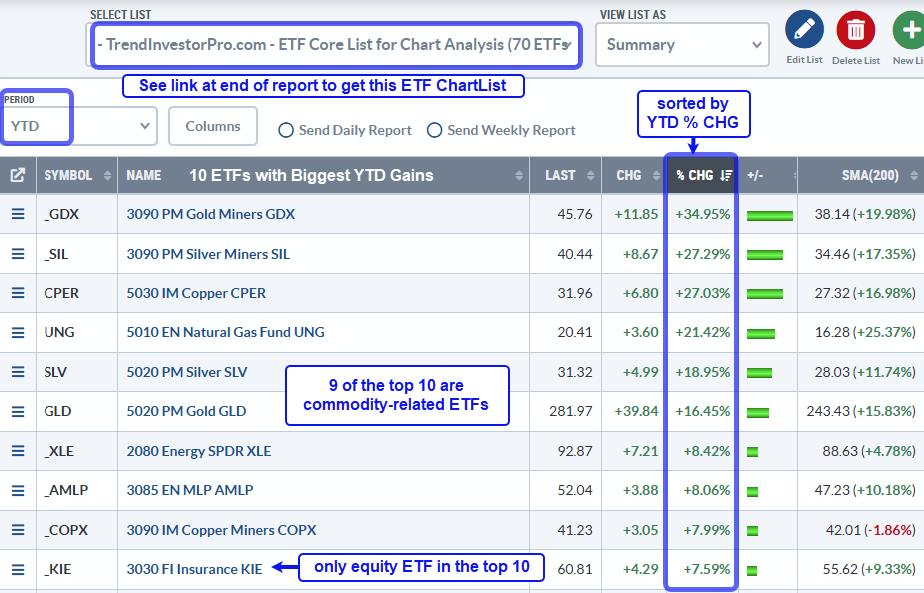 I had a shock recently. I met a couple who was in the midst of what I considered to be a personal financial coronary, yet they were totally oblivious to the perils facing them. Both husband and wife were professionals with advanced graduate degrees. Despite their intelligence and educations, neither of them had ever taken the slightest interest in any kind of financial education or investing. They’d led successful careers, yet they were absolute simpletons when it came to anything financial. For the sake of this analogy, I’ll call them Fred and Wilma — a nod to the Flintstones.
I had a shock recently. I met a couple who was in the midst of what I considered to be a personal financial coronary, yet they were totally oblivious to the perils facing them. Both husband and wife were professionals with advanced graduate degrees. Despite their intelligence and educations, neither of them had ever taken the slightest interest in any kind of financial education or investing. They’d led successful careers, yet they were absolute simpletons when it came to anything financial. For the sake of this analogy, I’ll call them Fred and Wilma — a nod to the Flintstones.
There’s no polite way to put this. Fred and Wilma both displayed a financial illiteracy that left me stunned. I’m a guy who has spent 20 years trying to educate and encourage individuals to become prudent investors and masters of their own financial future. But talking to these two disinterested professionals who are close to retiring, I came to realize that as a society, we tend to overvalue IQ and undervalue financial acumen. Back when folks didn't live much past 70, this was reasonable. But today is different. Most of us will be living longer than our parents, and in all likelihood, longer than we even expect.
The reality is that the majority of individuals are not financially prepared to support lives extending long beyond their retirement. Without savings, your probability of staying healthy is significantly diminished. Without wealth, there is no health.
Most of us have heard or read the six rules to living life well.
- Eat well and watch what you eat.
- Exercise five days a week.
- Reduce stress in your life.
- Stay engaged with others and keep up a social network.
- All things in moderation and balance.
- Stay intellectually active.
Notice anything missing here? These six essential behaviors most certainly produce a cascade of positive consequences for you. But just as assuredly, ignoring your finances will also produce a cascade of consequences. Those consequences, however, will be nothing but negative. You might be able to learn life by simply living it , but you have to learn investing and money management by doing it.
Okay, so here are my ten basic rules for all the Fred and Wilmas out there — for the investment ostriches who prefer to bury their heads in the sand.
- Save first. Put aside a portion of each paycheck you receive. Force yourself to stretch. Then do a budget after you’ve stashed your savings.
- Learn to budget. Stay away from credit card debt. That’s not budgeting.
- Take a class. Read a book. Make an effort to learn about finances.
- Purge bad habits. Perhaps you shouldn’t buy new shoes every week!
- Create a plan. Put it in writing and get a professional to review your plan.
- Taxes matter. Understand the difference between a taxable account, a tax-deferred account and a tax-exempt account.
- Make it a hobby. Embrace your financial assets. Play with your portfolio. Have fun.
- Discipline. Automate your investing through all seasons and all types of markets. Compounding is indeed the eighth wonder of the world — use it to your benefit.
- Don’t procrastinate. Start now. There are always hundreds of excuses not to do so — ignore them all!
- Invest for your kids’ sake. Make sure you have enough for a long retirement so that you aren’t a financial burden to them. Better yet, teach them to be financially responsible so you can spend their inheritance.
In closing, I hope you will forward this blog to the ‘Fred and Wilma’ in your life!
Trade well; trade with discipline!
- Gatis Roze, MBA, CMT
- Author, Tensile Trading: The 10 Essential Stages of Stock Market Mastery (Wiley, 2016)
- Presenter of the best-selling Tensile Trading DVD seminar
- Presenter of the How to Master Your Asset Allocation Profile DVD seminar
- Developer of the StockCharts.com Tensile Trading ChartPack






